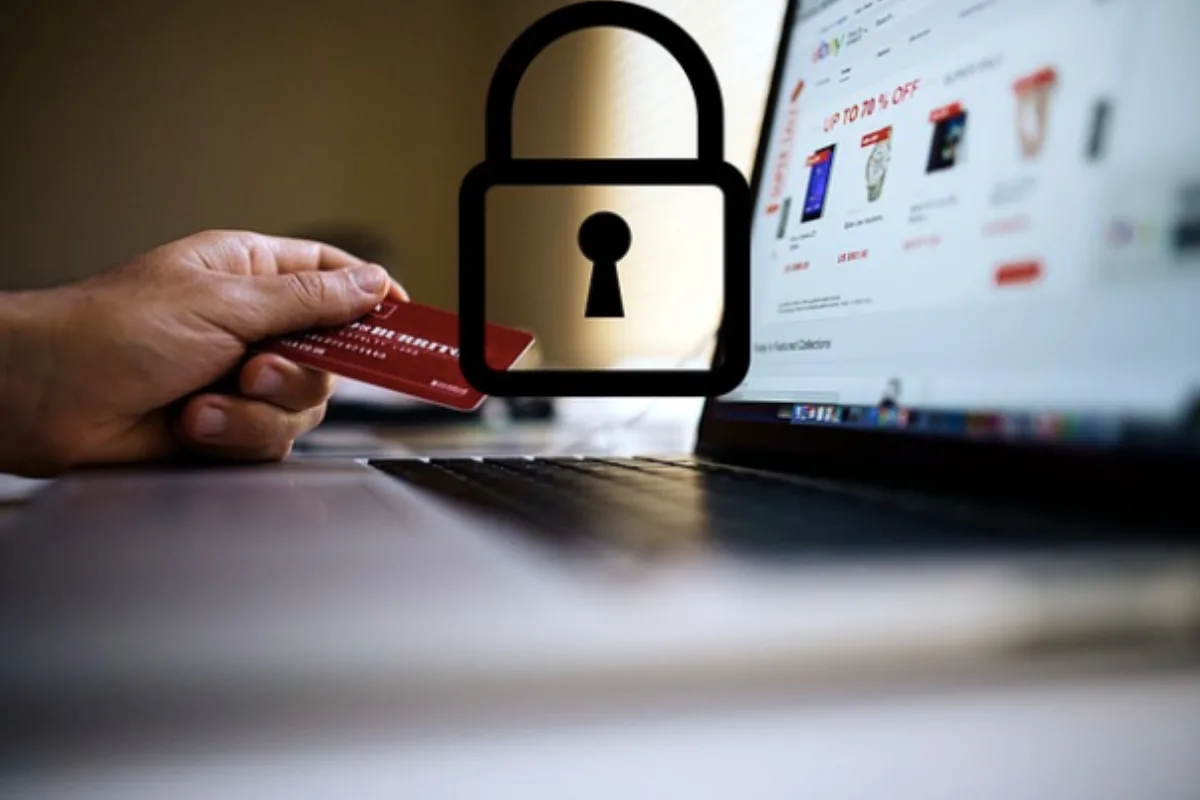We do so much online now, and that includes spending money from a great deal of shopping online, buying our holidays online and Internet banking, all of which are very convenient and have enriched our lives in many ways. However, we do have to be careful because criminals do not only work in person anymore; there are many sat behind a computer screen waiting to take all your information and all your money. So how can you stay safe online and protect your well-earned dosh?
Check App Security
When you download a new app to your phone or tablet, especially when it is related to shopping or money, it is a good idea to check its security first as most banking apps or apps which handle your money have highly developed security systems that you can easily access. If you can’t find the security information or if you have any doubts about whether you should share personal information such as passwords to the app, then perhaps have a look for a different app.
Avoid Suspicious Websites.
If a website looks dodgy, then it probably is. Be careful of poorly designed websites or multiple pop-up windows as this could mean that the site is not a legitimate retailer and not somewhere you want to enter your bank details. Stick with big-name retailers or, if you’re on smaller sites, look for familiar payment systems like PayPal. If you want to purchase on an unfamiliar site, then make sure you use a credit card and not a debit card as most credit cards have strict fraud protections in place.
Use A Decent Browser
Use a good and safe Internet browser when online. Chrome has many benefits and is now the most popular browser to use as it has some of the best security and malware protection. If you don’t have it installed on your mac yet, then you can find out how to do that here: https://setapp.com/how-to/install-google-chrome-for-mac-quickly.
Don’t Click On Hyperlinks In Emails.
A common scam involves sending emails asking you to click on a hyperlink or open an attachment and then enter personal information, such as bank account numbers. You should ignore any emails that ask for this kind of information even if they look like they’re from legitimate sources.
Be Careful When Shopping On Your Phone
If you’re making online purchases with the browser on your phone while it’s connected to an open network (like in a coffee shop or airport), then other people can steal or access the information you’re putting in. Wait until you’re on a secure network instead.
Take Advantage Of Credit Card Perks
Many credit cards come with extra fraud protection, which means you might be able to get your money back if you fall victim to fraud; so make sure you take advantage of that protection. Contact your card company at the first sign of a scam; some credit card companies require customers to submit claims within a specific time frame to get reimbursed.
Use Strong Passwords.
Retail sites often ask for passwords when you’re checking out. If you have the same password for multiple accounts and websites, you are leaving yourself at risk of password break-ins. For important accounts, use only secure passwords that are long and difficult to guess with lots of numbers, letters and characters. Also make sure you have a password protecting your phone, too, just in case you lose it as it contains a lot of personal information.

